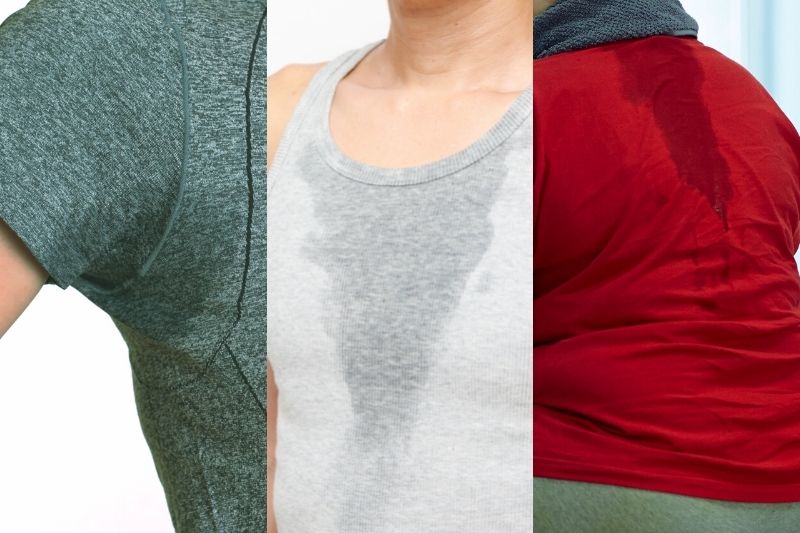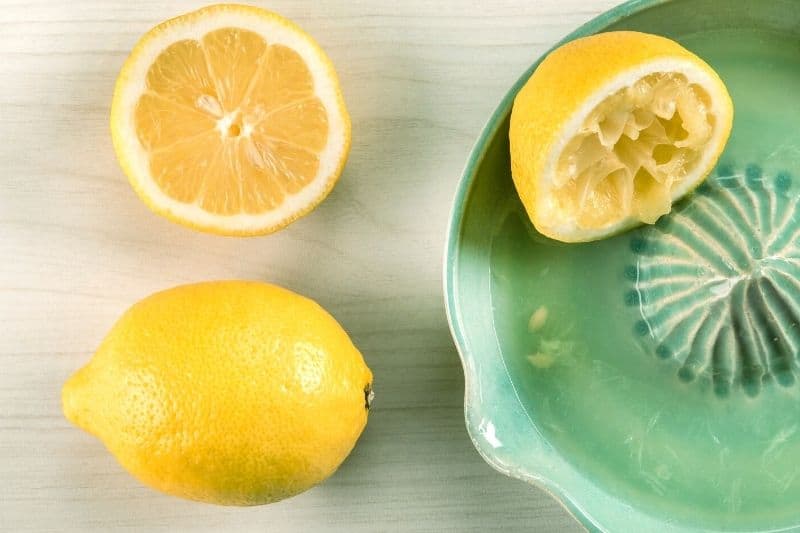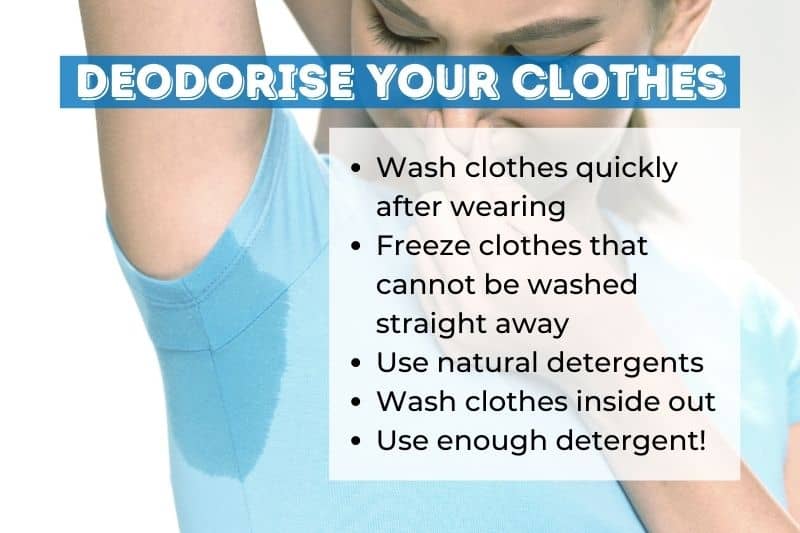Working out has a world of benefits, but one major problem caused by working out is the sweat stains and odours that can stick to clothing.
You might find that the smell of sweat lingers in your gym clothing, even after you have washed and dried the garments a few times.
Here are just a few tips that you can use to get the lingering smell out of your clothes.

Why Sweat Sticks to Clothing
You would like to think that just washing sweaty clothing is enough to get the smell out. Unfortunately, the nature of sweat and body odour is that it is sticky and embeds itself into fabrics. Some fabric types are more susceptible than others so you may need to apply different cleaning techniques depending on which material your garments are made from.
Washing clothing in hot temperatures should get it all out, but unfortunately, a lot of modern clothing (including gym wear) is synthetic, and just cannot be washed at high temperatures.
This is where our handy tips and tricks come in.
Aspirin and Cream of Tartar
Aspirin and cream of tartar are easy to get hold of and can really help get sweat smells out of clothing.
Cream of tartar is made with potassium bitartrate; a chemical that is naturally acidic and aspirin contains salicylic acid, both of which help remove staining and odours.
To use this method, first, mix three white (ideally non-coated) aspirin tablets in a cup of warm water, and add a tablespoon of cream of tartar.
Using a nailbrush or old toothbrush, scrub the solution into the affected area of clothing, before leaving it to sit for at least twenty minutes.
Wash and dry the clothing as usual. If the smell persists, you can repeat the process, or try another method in this guide.

Lemon Juice
Everyone should always have a few spare lemons laying around because not only do they taste great, but they are just useful for so many different things.
Lemons are naturally acidic, and it is this acidity that means they can neutralise nasty smells.
To use this method, you first need to juice several lemons. Mix this juice with around two litres of warm water, and let the solution cool for a while.
Soak your sweaty clothing in the lemon mixture for at least thirty minutes before rinsing thoroughly with clean, cool water. Hang the garments to dry.
Bicarbonate of Soda
Like lemon juice, bicarbonate of soda is one of those things that is just so handy to just have laying around.
The bicarbonate of soda is a great natural deodoriser and works by neutralising acidic and odour molecules.
First, make a paste of bicarbonate of soda and warm water. Rub the paste into the affected areas of the garment and leave for at least fifteen minutes. If the affected area is very soiled, you can leave it overnight if needed.
Finally, wash and dry as normal.
Salt
Salt has natural antibacterial properties, and this can help get rid of any bacteria that are causing the nasty smells to cling to your clothing.
First, pour around half a cup of salt into a large bowl, and fill it halfway with warm water. Stir to dissolve the salt.
Soak the affected areas of the affected clothing in the mixture, before washing as normal.
White Vinegar
Distilled white vinegar is a brilliant, gentle cleaning solution for a range of different cleaning chores. Vinegar is especially good at tackling nasty smells thanks to its naturally corrosive nature.
To use distilled white vinegar to clean clothing, first, mix one cup of distilled white vinegar with a couple of litres of cold water. Soak the affected clothing for around twenty minutes, before washing and drying as normal.
It is worth noting that distilled white vinegar can smell a little. This smell does usually come out in a normal washing machine cycle, but you can always add a couple of drops of essential oil to the vinegar solution (I personally like lemon or tea tree).
Soda Crystals
Soda crystals (sometimes marketed as washing soda) helps neutralise odours in a similar way to the bicarbonate of soda, which makes it a great laundry booster.
First, sprinkle a quarter of a cup of soda crystals on the affected areas of clothing. Add water and work the mixture into the fabric until it creates a paste-like texture. Leave it to sit for around half an hour, before washing and drying as normal.
Before making a start with this method, make sure that you wear rubber gloves as soda crystals can irritate the skin.
Mouthwash
Mouthwash can kill bacteria and neutralise odours in your mouth, so it makes sense that it could also help get nasty smells out of other things too.
To use mouthwash to get sweat odours out of clothing, pour a couple of capfuls onto the affected areas of clothing. Leave it to sit for around thirty minutes, before washing and drying as normal.
If you have brightly coloured mouthwash or clothing susceptible to stains, make sure to test the mouthwash on an inconspicuous area of the garment first.

Top Tips for Getting Odours Out of Clothing
Whilst these methods will all go a long way to helping you get sweat odours out of clothing, here are just a few top tips that will help you get the best possible results.
1. Speed
Speed is everything. After a workout or particularly warm day in the office, it is best to wash the clothing as soon as possible. This will stop the bacteria from growing and spreading on the clothing.
2. Freezer
If you can’t wash the affected clothing immediately, you can put it in the freezer. Freezing the clothing might not kill the bacteria, but it will stop it from growing further.
3. Natural Detergents
Using a natural laundry detergent as opposed to one with synthetic fragrances tend to do a better job of removing odours. Synthetic fragrances usually mask smells, whereas natural detergents remove them.
4. Wash Clothing Inside Out
The sweat and oil will be on the inside of the clothing, and so washing the articles inside out will give you the best possible chance of tackling the problem.
5. Detergent
Make sure to use the optimum amount of laundry detergent. Using too little will mean the clothes just won’t clean, and if you use too much, the water will become too thick and will not clean your clothing effectively.

Lover of coffee, painting, and all things cute and fluffy. I’m always on the lookout for easier, more gentle ways to tackle awful household chores.






